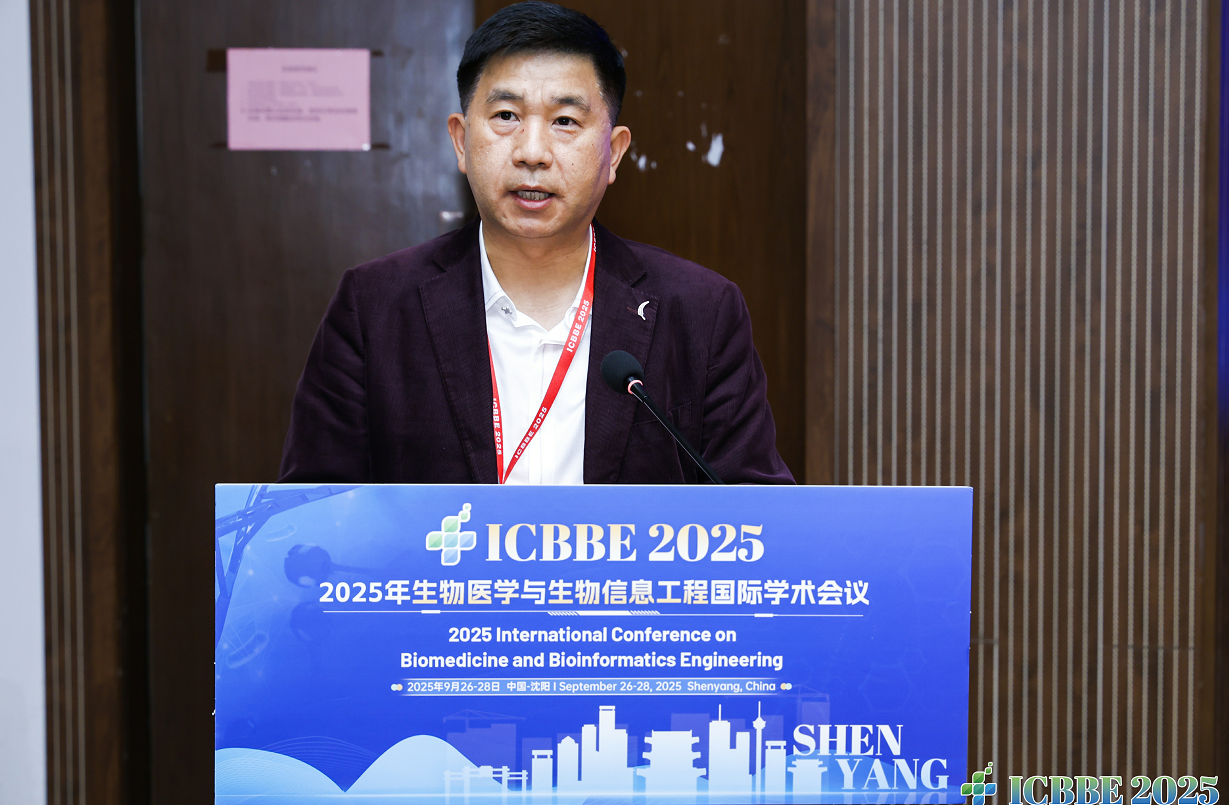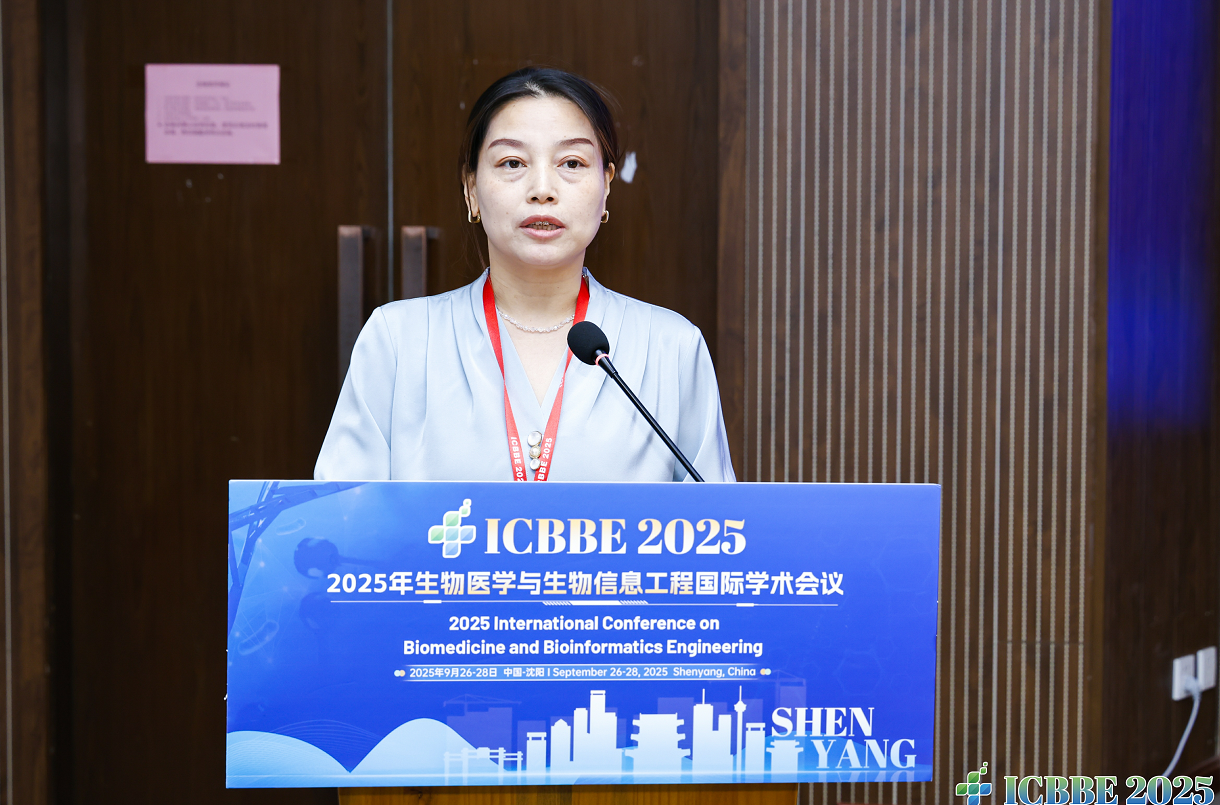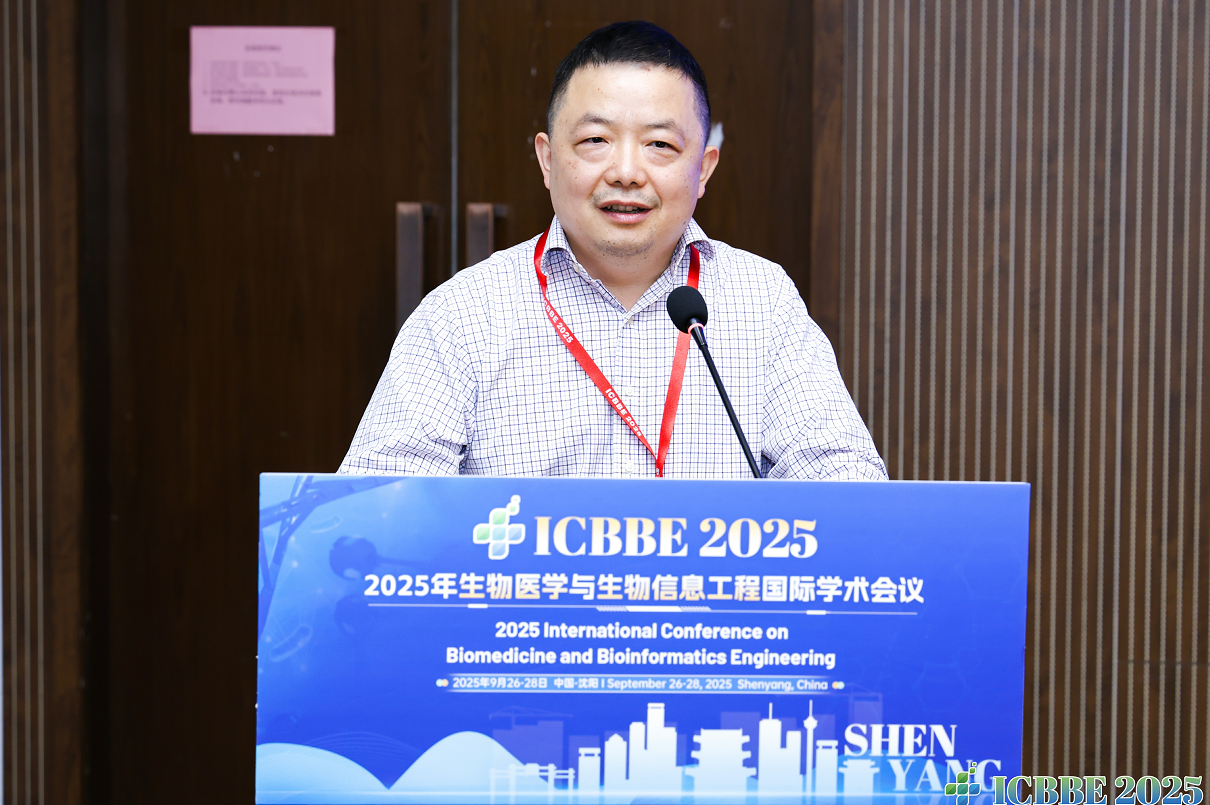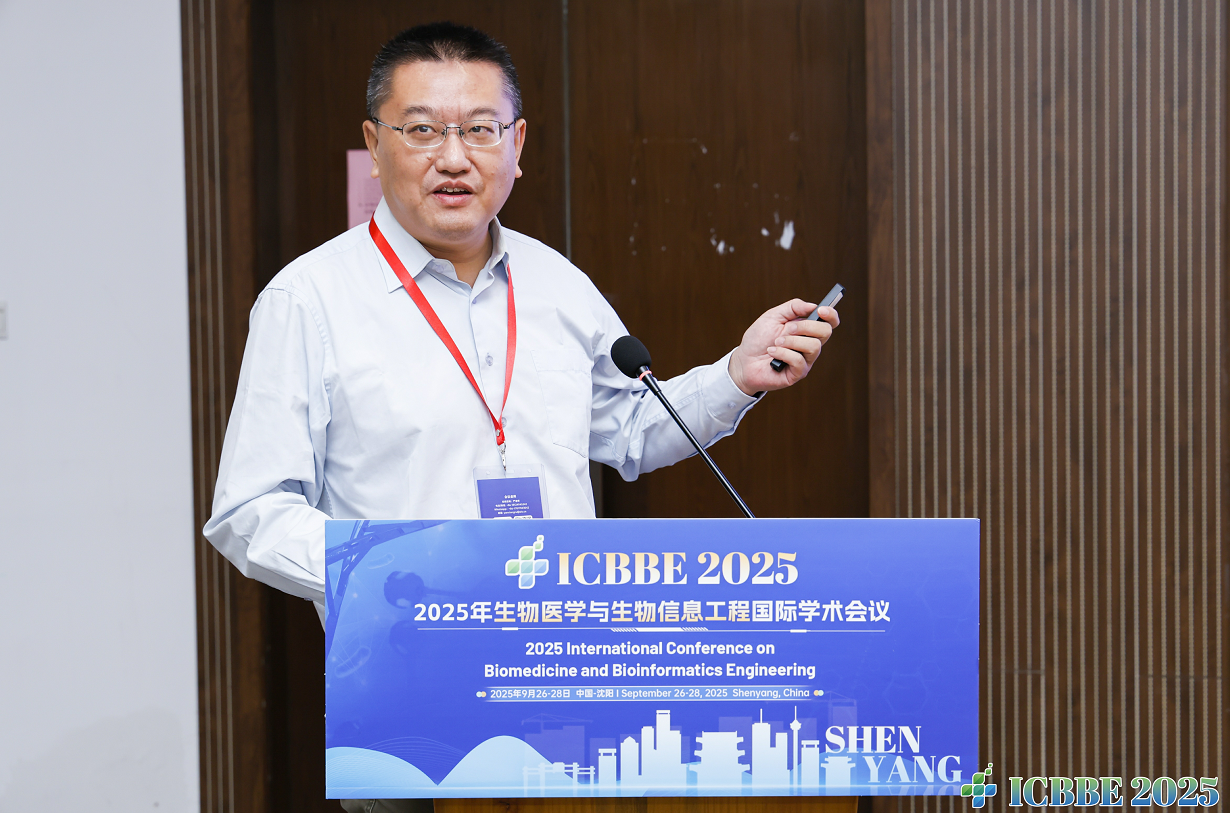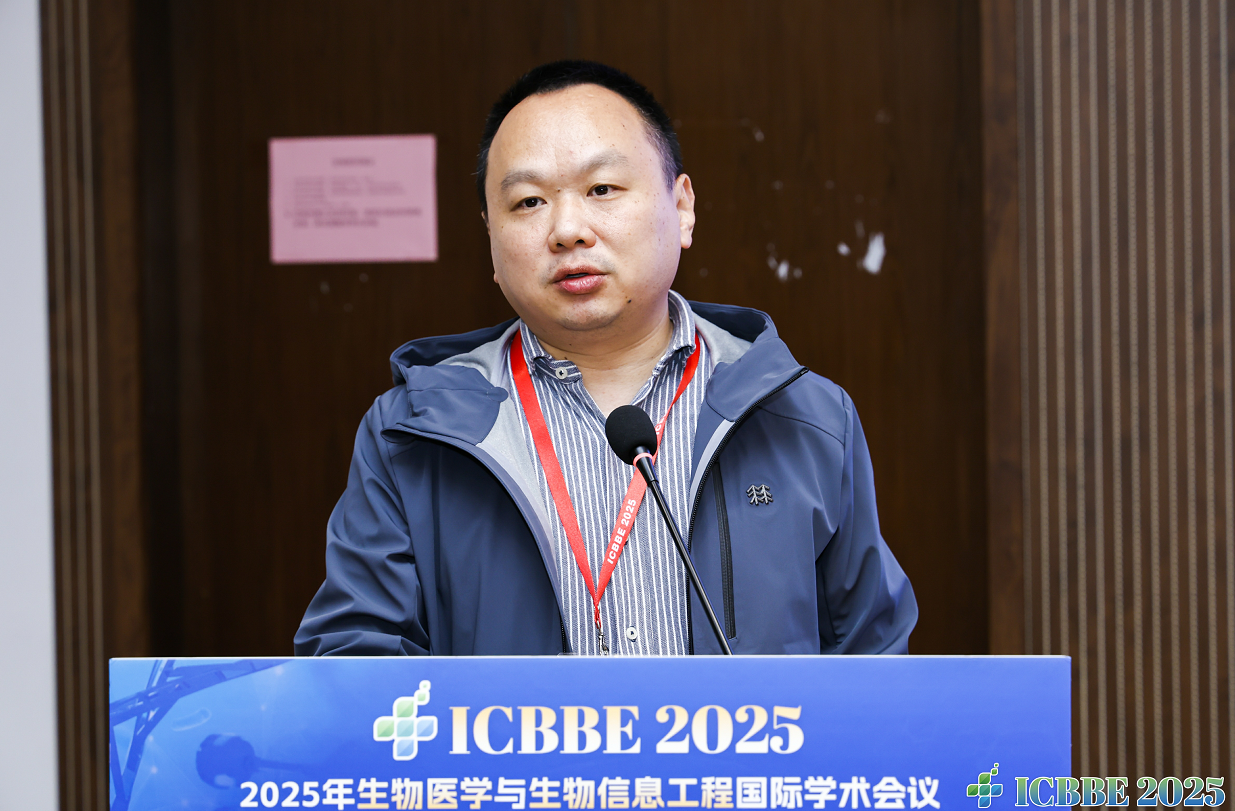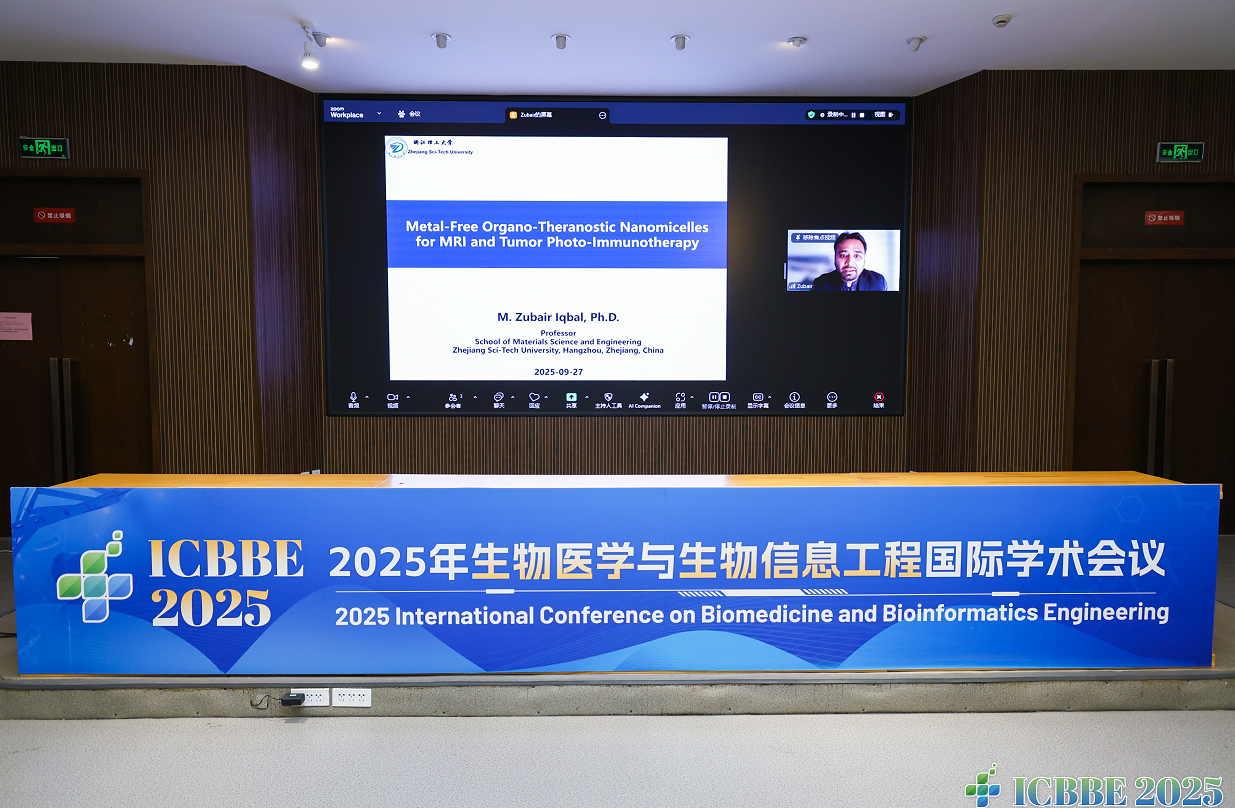
On September 27, 2025, the 2025 International Conference onBiomedicine and Bioinformatics Engineering (ICBBE 2025) was successfully held at the Chongshan Campus of Liaoning University. The conference gathered numerous experts and scholars from around the world to engage in in-depth academic exchanges and discussions on cutting-edge technologies and the latest research developments in biomedical and bioinformatics engineering. This conference not only provided a high-level platform for scholarly communication but also injected new momentum into translating life science research into clinical applications, fostering deeper integration and collaborative innovation between biomedical technology and information engineering.
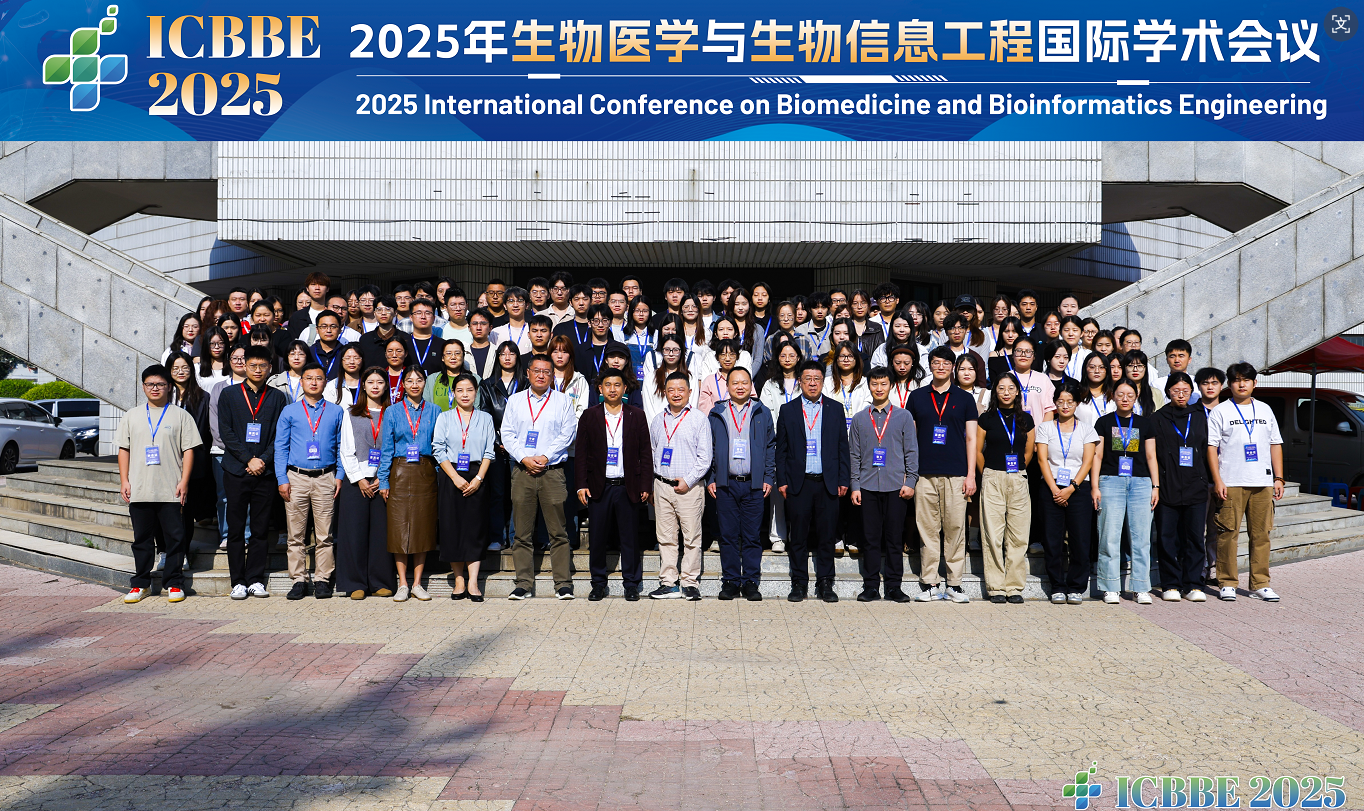
The opening ceremony of the conference was hosted by Prof. XiuliBi, Vice Dean of the School of Life Sciences at Liaoning University, and featured a welcome speech by Professor AnhuiLu, Vice President of Liaoning University. In her speech, Professor Lu highly praised the significance of the biomedical and bioinformatics engineering disciplines and emphasized that the conference provided a valuable platform to promote interdisciplinary integration and innovative development.
Professor Anhui Lu, Vice President of Liaoning University |
Prof. Xiuli Bi, Vice Dean of the School of Life Sciences at Liaoning University |
The conference featured keynote presentations by four renowned experts. Professor Xiaolong Shi from Guangzhou University reviewed the development of bioinformatics, offering an in-depth analysis of current research hotspots and future trends, and highlighting the crucial role of bioinformatics in advancing life science research. Professor Kang Ning from Huazhong University of Science and Technology shared innovative practices in multi-omics data integration and digital twin technologies for personalized medicine and clinical applications, demonstrating the broad potential of large multi-omics models in precision healthcare. Researcher Lun Hu from the XinjiangTechnical Institute of Physics and Chemistry, Chinese Academy of Sciences, introduced cancer gene identification methods based on advanced graph neural network techniques, emphasizing the key role of explainable artificial intelligence in biological network analysis and providing effective tools for tumor gene research. Professor Muhammad Zubair Iqbal from Zhejiang University of Technology presented recent progress in the application of metal-free organic nanomaterials in medical imaging and tumor photoimmunotherapy, offering innovative solutions for the precise diagnosis and treatment of tumors.
Professor Xiaolong Shi from Guangzhou University |
Professor Kang Ning from Huazhong University of Science and Technology |
Researcher Lun Hu from the Xinjiang Technical Institute of Physics and Chemistry, Chinese Academy of Sciences |
Professor Muhammad Zubair Iqbal from Zhejiang University of Technology |
In the afternoon, the conference held two parallel sessions to deepen multi-level academic exchanges. The first session, a young scholars' presentation segment, attracted 13 early-career researchers from various universities and research institutions to share their latest research findings. The second was a seminar on the development of the Bioinformatics program at Liaoning University.
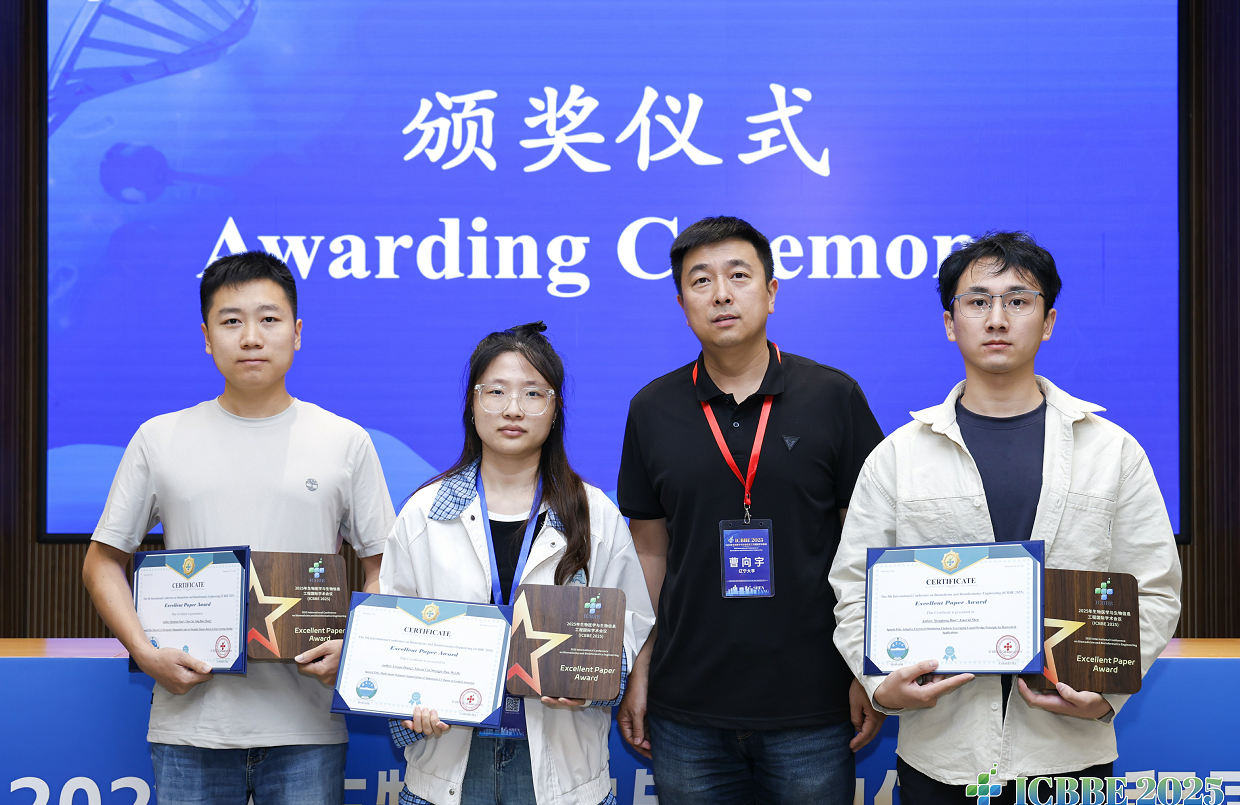 | 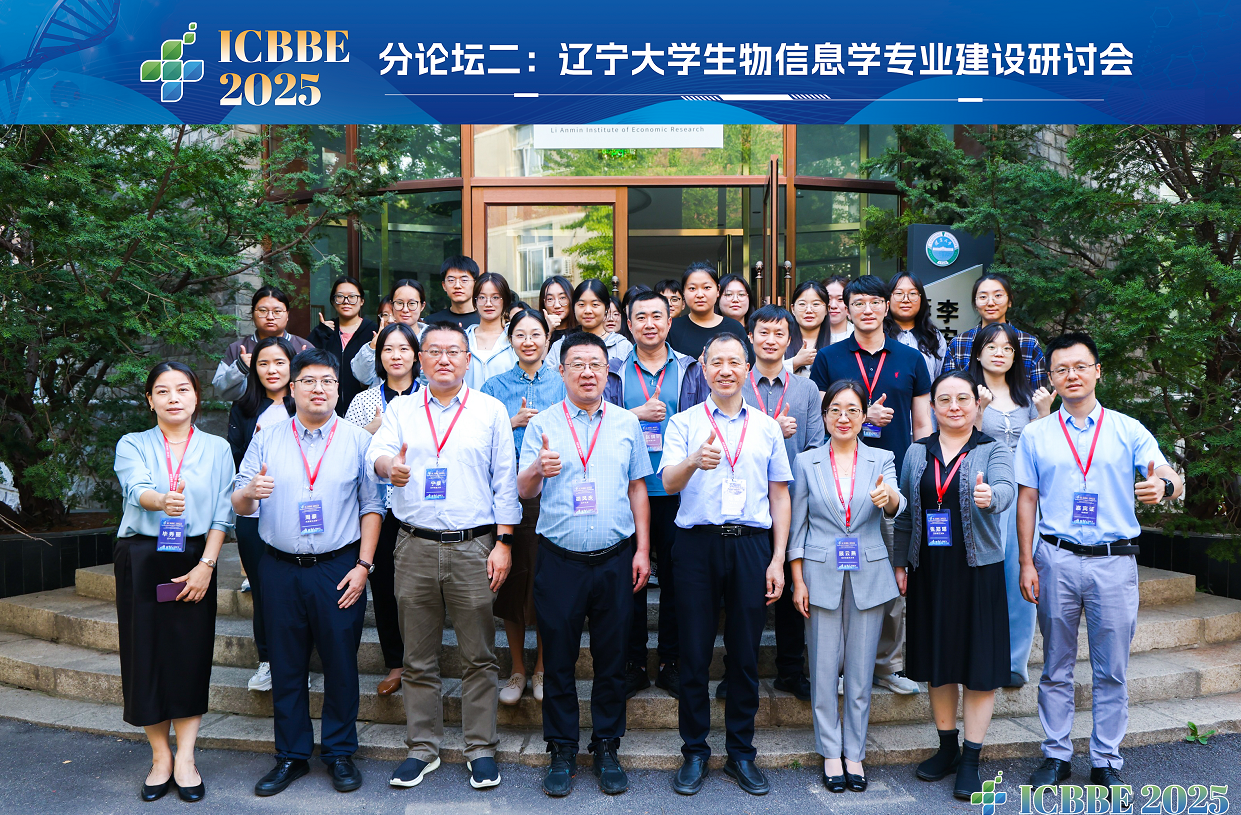 |
In addition, during the conference, eighteen academic posters were exhibited, covering multiple hot research areas in biomedical and bioinformatics engineering, which facilitated academic exchange and the collision of ideas.
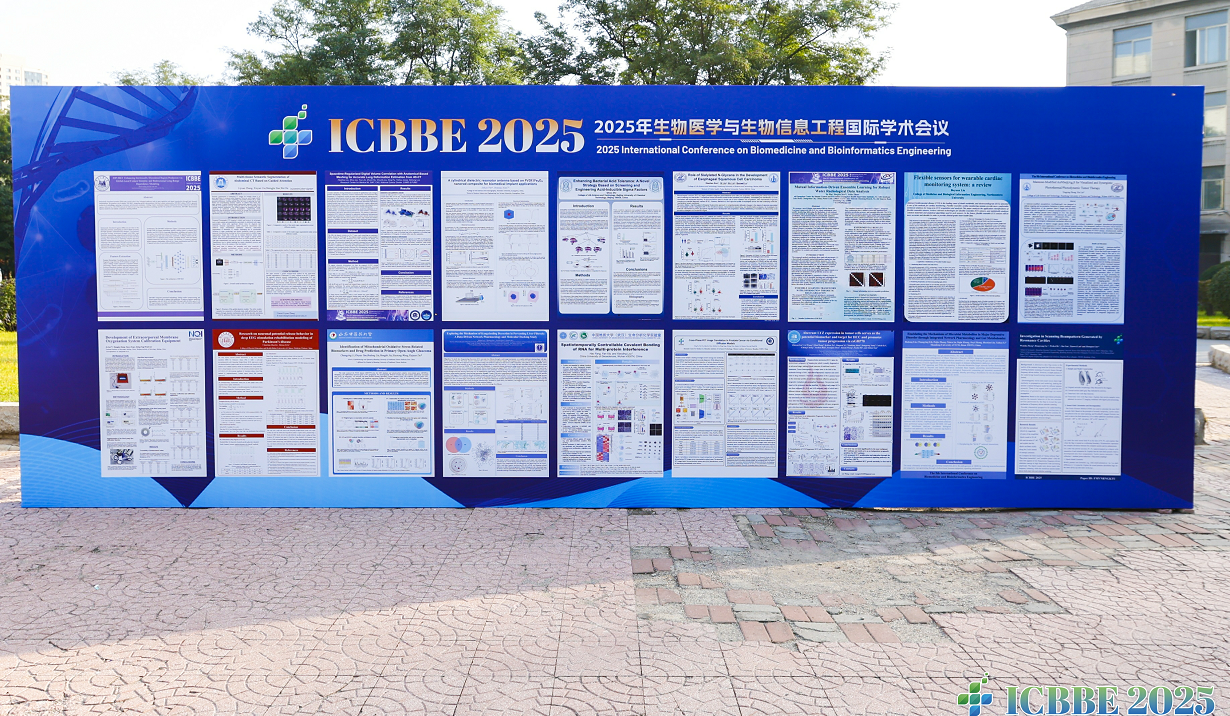
The successful convening of ICBBE 2025 has not only established a platform for academic exchange and collaboration in the fields of biomedical and bioinformatics engineering but also injected new momentum into promoting interdisciplinary innovation and industrial development. We look forward to gathering again at next year’s conference.

